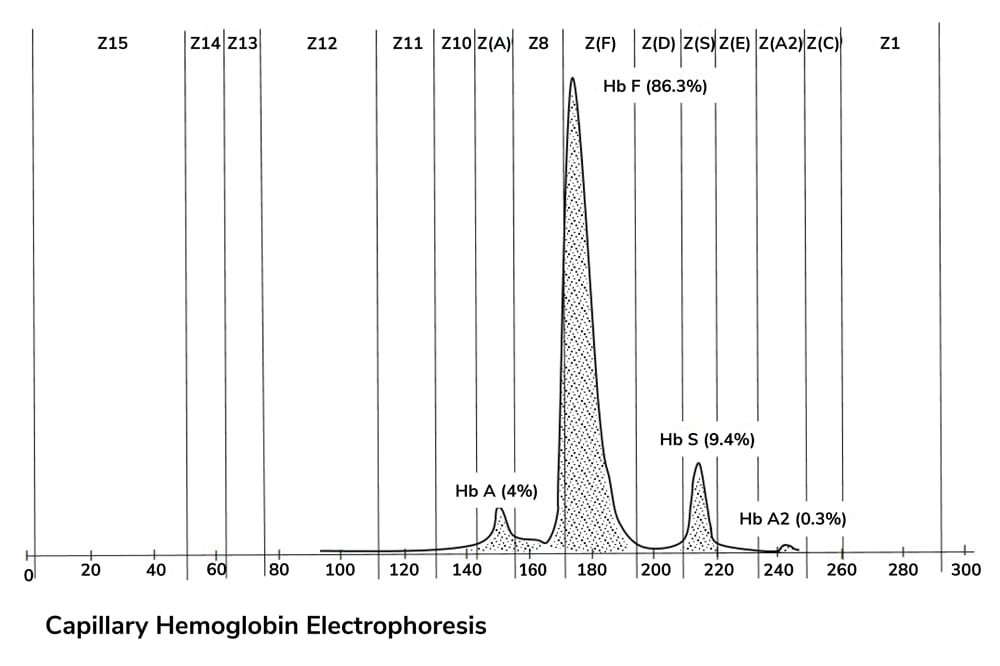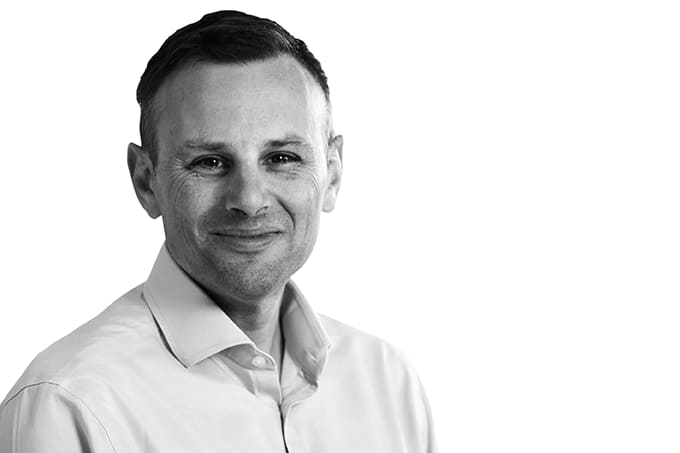Robert Dunn
Head of Laboratory, SE-HMDS Cytogenetics Department
King’s College Hospital, London, UK
As a biomedical scientist, what does a workday look like for you?
I learned about the NHS clinical sciences program in my third year of university, when I attended a careers fair. It really appealed to me because you’re training in a job and working in diagnostics and making a real difference to patients.
Days are busy. There’s a lot of work to get through. We receive a high volume of samples every day; we process them in the laboratory space, then analyze them with a range of different techniques and report those results out. Alongside all of that day-to-day work, we keep abreast of recent changes – there are always new studies coming out – and, of course, all the admin that goes with the role.
What makes work in cytogenetics so interesting?
In cytogenetics, we look at the structure of chromosomes and how changes in the chromosome content or location of material leads to genetic disorders. In my laboratory, we look for changes that occur spontaneously and can lead to hematological disorders. Finding these abnormalities helps us diagnose the type of disorder and guide treatment, because particular treatments may have been designed specifically for those genetic changes.
Why don’t more people pursue biomedical science careers?
Actually, in recent years, it has been a very competitive field, so the training programs we have are very highly subscribed. Even so, it is a relatively small field. Healthcare scientists only make up about 5 percent of the total NHS workforce, but the work done by healthcare scientists is involved in over 80 percent of patient diagnoses. It’s obviously an expanding field!
There’s a lot of research going on that is making changes to what we do in diagnostics. Genetic testing is advancing; we’re understanding more and more about genetic changes and that knowledge is being brought into all sorts of different fields. So I see the workforce increasing over the years.
What’s your favorite – and least-favorite – part of your work?
I think my favorite part is the fact that you’re always learning. Every day, there is something new to learn. Cytogenetics can never be accused of being boring. Like I said, there are new discoveries being made all the time and the pace of change is quite rapid in terms of the technology we use and how we perform testing.
The workload can be quite challenging sometimes, though. I think that, in the NHS as a whole, the last two years have been challenging – particularly maintaining our resources against the testing that we must perform. I think my least-favorite part is juggling everything you need to do on a daily basis. But there’s never a dull moment, so it’s not too bad.
What’s the most interesting thing you’ve experienced in your career?
I think one of the most interesting is something I came across in my training program. I was involved in looking at preimplantation genetic diagnosis. This is where embryos are investigated in parents who have a known genetic abnormality. A cell is removed from the embryos to look at the genetic content with the overall aim of a successful pregnancy for those parents. Although it’s not what I do day-to-day, I found that part of my training really fascinating. Actually seeing the embryo and the cell being taken out of it for testing is quite extraordinary.
What one key thing would you like to share about what you do?
I think it’s the fact that the work we do is helping more patients survive blood cancers every day. Every analysis that we do – every sample that we receive – has the potential to diagnose the type of blood cancer and guide treatments for those patients, ultimately allowing them to live longer and beat cancer. You remind yourself of that every day and it really is quite amazing. I feel very fortunate to be in the field.




